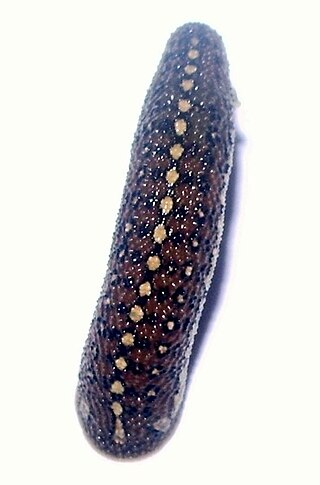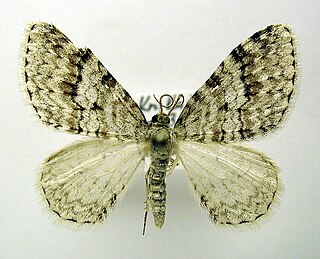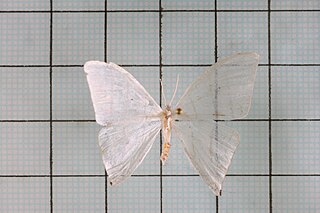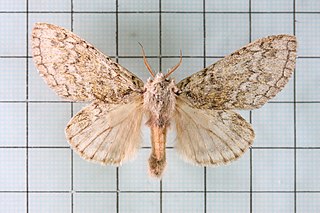
William McKinley was the 25th president of the United States, serving from 1897 until his assassination in 1901. A member of the Republican Party, he led a realignment that made Republicans largely dominant in the industrial states and nationwide for decades. He presided over victory in the Spanish–American War of 1898; gained control of Hawaii, Puerto Rico, the Philippines and Cuba; restored prosperity after a deep depression; rejected the inflationary monetary policy of free silver, keeping the nation on the gold standard; and raised protective tariffs.
Mitsukurina is a genus of mackerel shark in the family Mitsukurinidae. It contains one extant species, the goblin shark (M. owstoni) and more extinct species. The genus was described by American ichthyologist David Starr Jordan in 1898 and named in honour of Kakichi Mitsukuri.

The brown hairstreak is a butterfly in the family Lycaenidae. The range includes most of the Palaearctic.

The kalij pheasant is a pheasant found in forests and thickets, especially in the Himalayan foothills, from Nepal, Pakistan to western Thailand. Males are rather variable depending on the subspecies involved, but all have at least partially glossy bluish-black plumage, while females are overall brownish. Both sexes have a bare red face and greyish legs. It is generally common and widespread, though three of its eastern subspecies are considered threatened and L. l. moffitti is virtually unknown in the wild. On 21 October 2021, the Government of Jammu and Kashmir declared Kalij Pheasant as bird of the Union Territory of Jammu and Kashmir.

Leeches are segmented parasitic or predatory worms that comprise the subclass Hirudinea within the phylum Annelida. They are closely related to the oligochaetes, which include the earthworm, and like them have soft, muscular segmented bodies that can lengthen and contract. Both groups are hermaphrodites and have a clitellum, but leeches typically differ from the oligochaetes in having suckers at both ends and in having ring markings that do not correspond with their internal segmentation. The body is muscular and relatively solid, and the coelom, the spacious body cavity found in other annelids, is reduced to small channels.
Erpobdella lineata is a leech found in Europe. These leeches show a preference for calcic waters and have a tolerance to pollution. They have a digestive tract that consists of mouth, pharynx, esophagus, six-chambered stomach, three-chambered intestine, rectum, and an anus. Its nervous system contains 21 pairs of cell compartments.

Phytobdella catenifera is a large terrestrial leech found in Peninsular Malaysia. John Percy Moore chose this species’ epithet ‘catenifera’ after the striking chain-striped pattern on the creature's back.

Nacoleia is a genus of moths of the family Crambidae described by Francis Walker in 1859.

Syllepte is a genus of moths in the family Crambidae.

Condica is a genus of moths of the family Noctuidae. The genus was erected by Francis Walker in 1856.

Hydrelia is a genus of moths in the family Geometridae erected by Jacob Hübner in 1825.

Scopula is a genus of moths in the family Geometridae described by Franz von Paula Schrank in 1802.

Venusia is a genus of moths in the family Geometridae erected by John Curtis in 1839.

Ditrigona is a genus of moths belonging to the subfamily Drepaninae. The genus was erected by Frederic Moore in 1888.

Edward Owen Leech was Director of the United States Mint from 1889 to 1893.
Rondotia is a genus of moths of the family Bombycidae erected by Frederic Moore in 1885.

Syntypistis is a genus of moths of the family Notodontidae first described by Turner in 1907.
Onigum is an unincorporated community in Shingobee Township, Cass County, Minnesota, United States, near Walker, along Cass County Road 13. The name Onigum means "portage" in the Ojibwe language.
Ditrigona lineata is a moth in the family Drepanidae. It was described by John Henry Leech in 1898. It is found in China.













